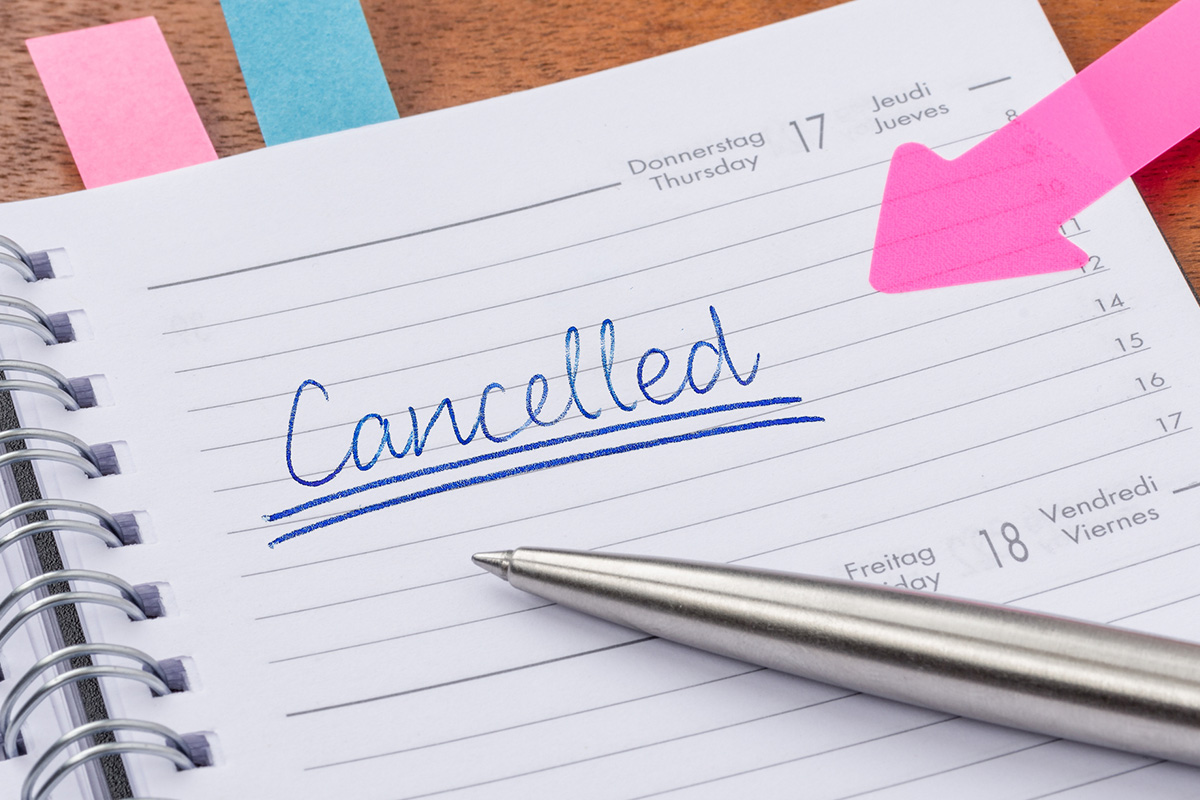Creating a More Just and Merciful World
How Counselors Are Dealing With The Impact Of Cancel Culture On Mental Health

Social media has democratized shaming via cancel culture. And, it is having a profound effect on mental health.
What is Cancel Culture?
Cancel culture—spurning individuals and brands because of their comments, actions, or stances—is now a common way for people to speak against something they perceive as wrong. These call-outs typically start on the web, but frequently spill over into the real world.
Certainly, groups of people calling out perceived offenses and injustices is not new. But social media is particularly damaging because of its broad reach and ability to diminish the human emotions of the one being canceled. It also leaves a digital trail of what could have been a momentary slip up, leaving the person or organization susceptible to future insults.
Ultimately, the dangers of cancel culture come from it being anonymous, based on pack mentality, and extremely polarizing. This type of “mob justice” leaves people feeling ostracized and socially isolated, according to psychology experts.
Effect of Public Shaming on Mental Health
At its core, cancel culture is about shame for the person being canceled. Shame is a self-critical emotion in which a person displays a negative view of themself. Feelings of shame often come from what other people think. These intense feelings grip a person’s self-image and lowers their self-esteem.
Canceling often becomes bullying. This further creates feelings of loneliness, anxiety, and depression in the person being canceled.
The person who is the canceler is also putting their mental health at risk. There might be some satisfaction that gives the canceler a false sense of justice or better social status. However, these feelings may be fleeting and quickly turn to frustration and unhappiness when the offending person or brand pushes back to defend their reputation. Canceling does not necessarily change beliefs and behavior.
Furthermore, the mental health of bystanders who witness canceling is also affected. Some bystanders become worried and anxious because they fear they too might be canceled one day.
While calling out bad behavior may have an important social purpose, the problem with cancel culture is that it does not allow anyone to learn from their mistakes. It stifles growth and positive mental health.
How to Protect Mental Health
Counselors help people deal with their internal struggles, including the effects of shame. Typically, they listen to their clients’ issues and help them develop potential solutions. Counseling for shame may involve the concepts of acceptance and forgiveness.
Furthermore, there are actions individuals can take to protect their mental health from cancel culture:
- Unplug. Spend less time online and take a break from social media.
- If canceled for really doing something wrong, apologize. Take the time to offer a genuine, well-thought response or apology.
- Do not post online when feeling overly emotional. If someone says or does something you find offensive, take some deep breaths and calm down first.
- Consider the other person’s perspective. Try to see their point of view before rushing to judgment.
- Talk to someone about your feelings. Whether you experience cancel culture firsthand or witness it, reach out to someone you trust to express your feelings about it. There is also professional help if needed.
Help Others Cope with Mental Health Challenges
Carlow University offers a MS in Professional Counseling: Clinical Mental Health Counseling degree program that will train you to work with children, adults and families in diverse settings. In this program, you will develop the skills and tools to help clients work through their mental health challenges. Courses such as The Helping Relationship introduce students to the therapeutic aspects of counseling work through experiential learning using demonstrations, peer consultation, and role-play.
Tags: how counselors are dealing with the impact of cancel culture on mental health
